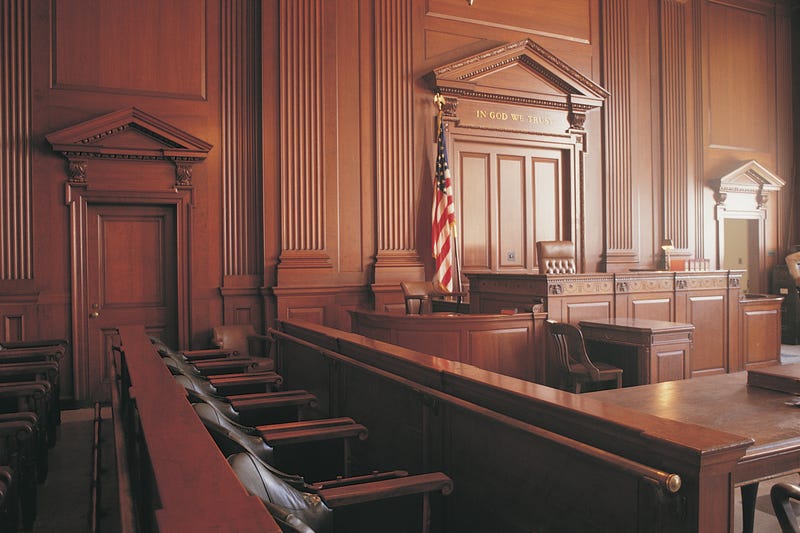
COOK COUNTY, Ill. (WBBM NEWSRADIO) --A new study shows that specialized courts in Cook County are failing to have the benefits or the equity that justice system officials intended.
The Cook County Court system created so-called Problem Solving Courts like Drug Courts, Mental Health Courts and such to get people help instead of incarceration.
But Naomi Johnson, Program Management Director for the Chicago Appleseed Center, said most people are failing to graduate the programs many thought were a good idea.
"That's an idea that sounds really excellent- to get services to folks that need them, and as an alternative to incarceration it is definitely the biggest benefit of these programs," she said.
"Unfortunately, we are seeing this issue with, you know, with judge discretion with them not always following the best practices, and I do think it is something that absolutely warrants further research."
The study also found racial inequities in regards to those who received the alternative help. Johnson said Black defendants often end up in the Access to Drug Treatment Court, while more whites are directed to other courts.
"This can lead to...because different racial groups are being referred to different courts, people are having different types of outcomes," she explained.
"We see that the Access court has the lowest graduation rate of 29% and again, that is a court with disproportionately black folks in it."
Listen to our new podcast Courier Pigeon
Listen to WBBM Newsradio now on Audacy!

